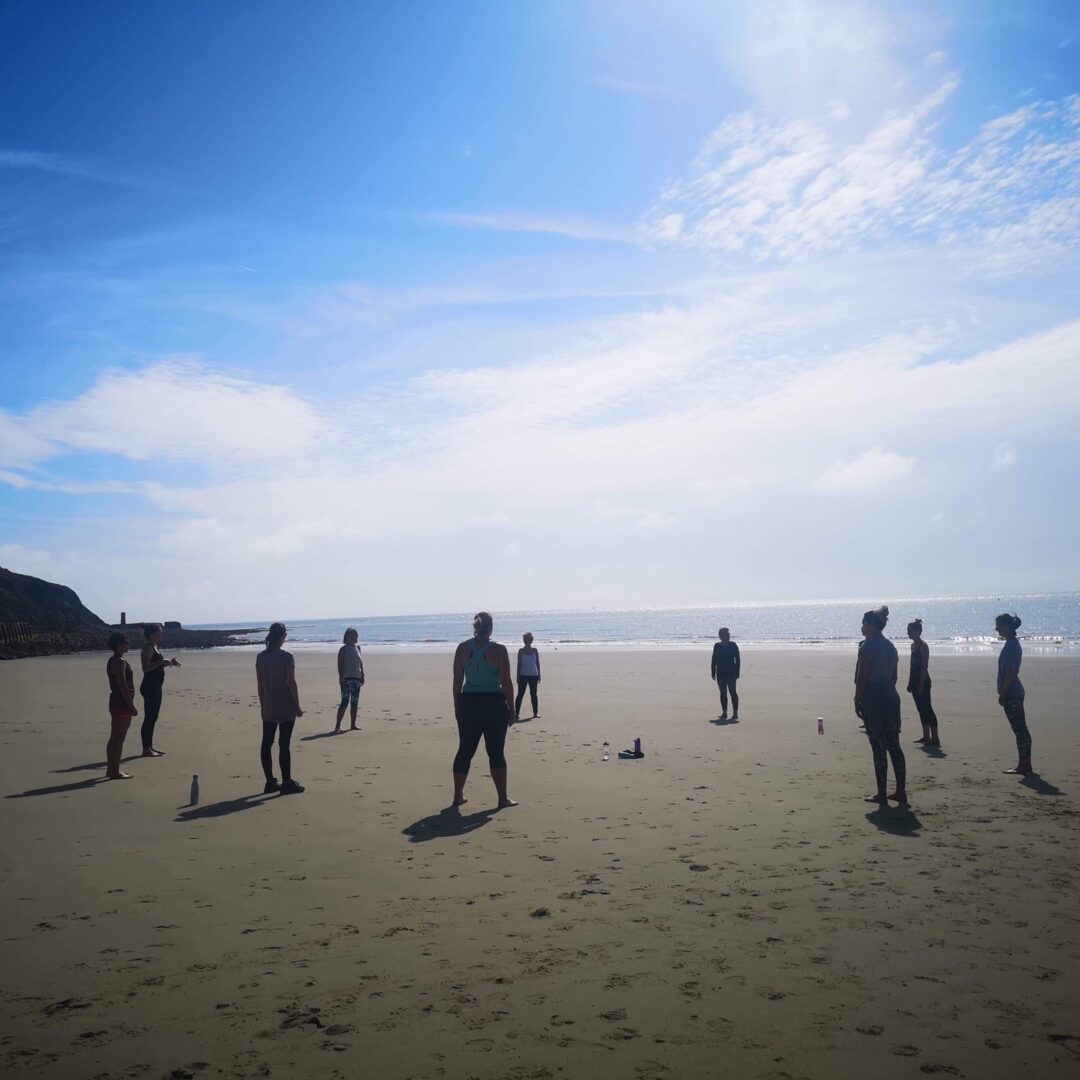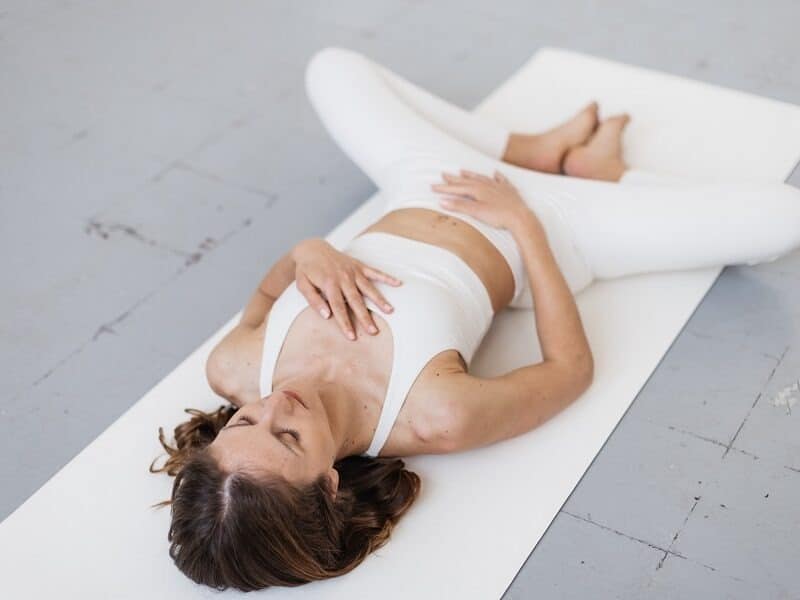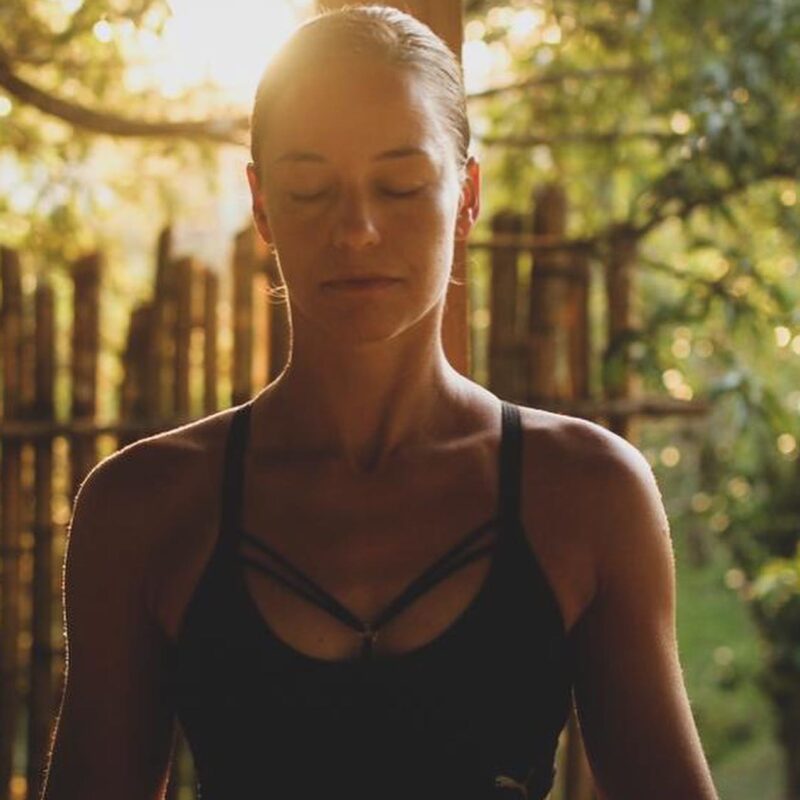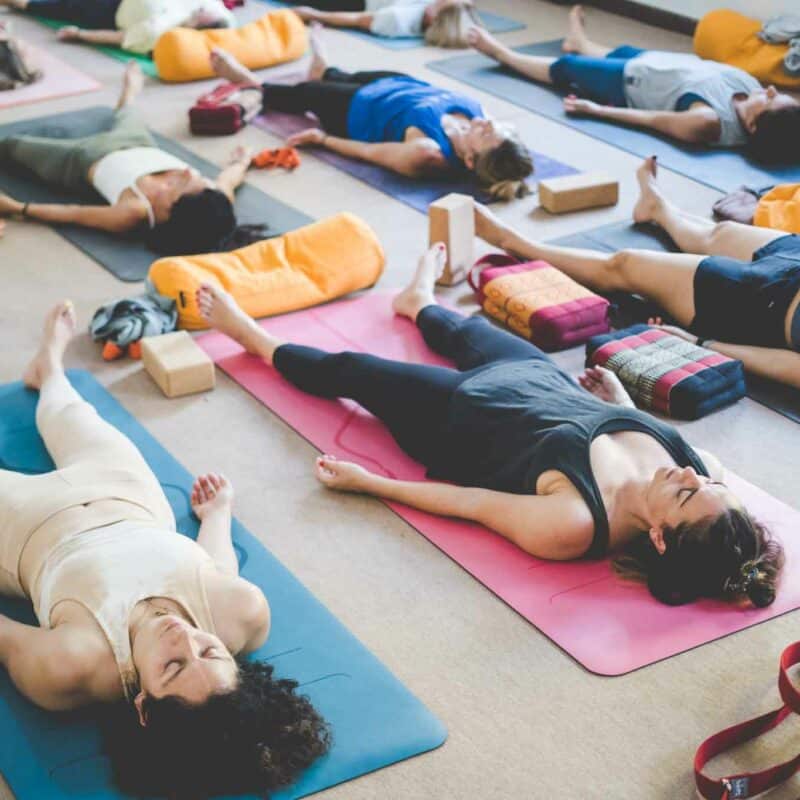How I share powerful relaxation tools to help manage stress, overwhelm and anxiety
My name is Frances, and I am a Yoga teacher and Hypnotherapist and I meet a lot of people who are suffering from feelings of stress and overwhelm. This often means that they do not have tools to manage their stress and their sleep is interrupted and they feel tired and lack energy throughout the day. Creating a frustrating, vicious cycle so that this feeds back into the feelings of stress and overwhelm.
I totally understand! I used to feel exactly the same way. Life is stressful! We are all dealing with multiple challenges every single day. I have found some really simple tools that help me to manage stress in my life, perhaps you might find them useful too. All of them are based around taking a small amount of time regularly for yourself.
I wonder how often you do that at the moment?
1. tool to manage stress: Meditation
You might feel like you can’t meditate. That it is boring or hard. You are right in some ways. It definitely isn’t easy. It is not easy to be still, to do nothing, to sit with ourselves with our eyes closed. It goes against everything that we believe we should be: productive, efficient, busy.
But on the other hand, it is surprising the way that it can make you feel. It is surprising how something so simple can create such an impact on your life. That small amount of time that we spend, being still, focussing our attention on our breath, beings to train us to become aware of our thoughts, our feelings, our emotions. Just by sitting with these things for a short time, without getting caught up in them we are practicing staying connected to the inner stillness and calm that we all possess.
There are so many different meditation techniques out there, perhaps you can find a recording to listen to that you like or try a moving meditation. I prefer to keep it really simple. I’ve attached my favorite meditation technique, which is inspired by Buddhist teachings.
One piece of advice I’ve found really useful is to slot in your meditation just before you go to sleep. So, you are in bed, but sitting up, and you haven’t turned the light out yet, and you can just close your eyes for 10 minutes before you settle down to sleep.
2. Tools to manage stress: The Breath
The way that we feel affects the way that we breathe and the way that we breathe affects the way that we feel. The breath is a powerful tool in signaling to our nervous system, and we can use this to shift us into a more relaxed state.
There are lots of different techniques, especially in Yoga. Again, for me, I like to keep things simple:
Firstly, just take a moment to notice how you are breathing right now? Are you breathing through the nose comfortably? Does the breath feel smooth or ragged, warm or cool?
Maybe place one hand on your chest, and one on your abdomen and notice where you feel the body expands as you inhale. And how does the body respond as you exhale?
Once you have found a comfortable breath, you can practice extending the exhale. So, you might start by breathing in for 4 and breathing out for 6. And then if that is comfortable extending that even further by breathing in for 5 and breathing out for 7.
Try dropping this breath into your day, for a couple of minutes, perhaps while you are waiting in line, or sitting in your car and notice how it makes you feel.
3. Tools to manage stress: Journaling
Research shows that people who are positive in the present are 31% more productive. Check out Shawn Achor’s Ted Talk on positive psychology if you are interested in finding out more. Based on his principles, the journaling exercise below encourages you to:
- practice gratitude,
- to visualize moments that have brought you joy
- to keep a record of your physical exercise and mediation practice
- and develop kindness
All these things are proven to have a beneficial effect on your health and wellbeing.

4. Tools to manage stress: Relaxation
This one is my favorite! Time spent doing nothing. No focussed awareness, no objective. Find a comfortable position for the body so that you can relax. Scan through and note the different parts relaxing, and perhaps some parts not ready to relax yet, and that’s ok too. Allow the mind to drift, or focus on sensation, or the breath. Whatever gives the mind space to relax and drop into a state that is not quite waking and not quite sleeps.
Again, you can use recordings for this. I have a short free guided relaxation you can access in this link.
There are plenty more available out there. I particularly like Yoga Nidra which guides you through all the different body parts. This is one of my favorites, available on Spotify
The great thing about all of these things is that they are pretty easy to sneak into your daily routine.



